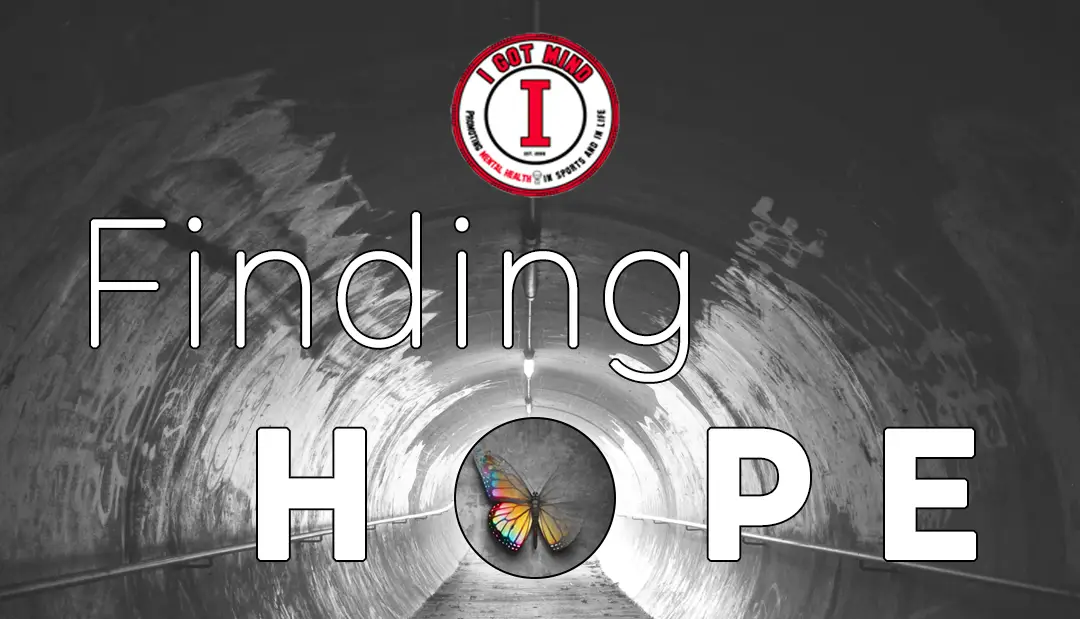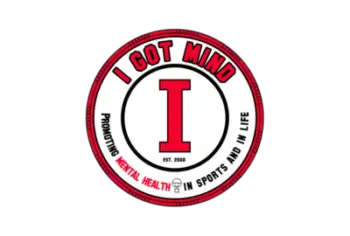Self Care by definition is to take action to preserve or improve one’s health.
We have been taught and conditioned from a young age to be kind, help others, and be selfless, however, in today’s hectic world we are doing a disservice to ourselves and our loved ones when we don’t take time to care for ourselves first.
Think of the safety message we hear each time before we takeoff on a flight. The flight attendant announces, ‘In the event the cabin loses pressure we are to first place our own oxygen mask on before we help others’. This is so that we can in fact help others. This same type of safety message needs to be at the forefront of our minds each day as we go through life. We need to provide self-care to ourselves each day so that in turn we are strong and able to show up for our loved ones as the very best version of ourselves. Help yourself so that you may help others, it’s also an excellent practice to role-model for those around us.
When we recognize we aren’t feeling mentally or emotionally healthy, we need to take steps to get ourselves back on track.
Here are some coping strategies and tips that were discussed in our Finding Hope webinar. We hope you will introduce some of them into your daily routine.
1. Give thanks. It is important to express gratitude for even the smallest of life’s wonders. Even something we may normally take for granted, “like a tiny snowflake landing on your cheek” suggested Registered Nurse Gerri Harris, during the webinar.
Gratitude also helps us to recognize that we are part of something larger in life.
2. Try new things. Find joy in learning about something new. Perhaps take up a new hobby, craft, or activity like snowshoeing where you can learn to appreciate and find joy in a season many of us dread. Trying something new allows us to focus for a period of time on something present rather than dwelling on something in the past or worrying about something in the future.
3. Move your body. Start with a short walk around your block and add half a block each time you go out. If that sounds too daunting, even adding a few steps and walking to your kitchen from your bedroom, and then maybe to your living room the next day, and to the mailbox at your front door the day after. Each step doesn’t have to be large, it just needs to be forward motion, a little progress made each time. Not only does the sense of accomplishment feel good, but as you move your body you will get stronger, reduce stress hormones and produce endorphins – the feel-good neurotransmitters.
4. Grounding Exercise shared by IGM Mental Health Clinician, Shawn O’Grady
When you are feeling anxious and overwhelmed, slow down and ground yourself by using this 5-4-3-2-1 method. Place your hands on your thighs or rub your hands together, now look around you and notice 5 things you can see, 4 things you can feel, 3 things you can hear, 2 things you can smell, and 1 thing you can taste. Share this technique with a trusted friend or family member so they can help you when they notice you are stressed or anxious. They can help by saying “I think it would be a good idea to do some grounding. Describe the top you’re wearing to me, tell me about what I’m wearing, what is the texture of the chair you’re sitting on?”
5. “Don’t do it alone” was the piece of advice offered by Kelly Hrudey. Speak with a trusted friend or relative. Have those connections. Share your feelings. When you share with someone it helps you to feel mental and emotional relief.
If you have a difficult time sharing with those close to you, schedule a time to meet with a mental health professional. “Unload your backpack” or “Drop your pack!” as IGM facilitator and former US Marine Derek Hines described it. “Talk about it and then let it go”.
6. “Pick your hard” as I Got Mind’s Caitlyn Watters suggested. “Is it harder to do the work (to better your mental health), or is it harder to stay where you are?” Don’t be afraid to reach out for professional help. I Got Mind can help to connect you with a Professional through our partners at Hull Services.
7. Keep a consistent routine and don’t over-schedule yourself. When we are running from task to task or activity to activity it causes us overload and stress. Slow down, allow extra time to alleviate the stress of running behind and keep balance in your life through offsetting some of your ‘busy’ activities with calmness from reading positive affirmations, meditating, or going for a walk.
Try to go to sleep and wake at a regular time each day, and do your best to get up, shower and dress. You will feel better.
8. Breathing exercises help us to regulate our breathing rhythm. When we are stressed and anxious we tend to take quick, shallow breaths that come from our chests. This chest breathing can cause us to feel more stressed and anxious as it causes an upset in the balance of oxygen and carbon dioxide in our body which results in feeling dizzy, having tension in our muscles, and an increased heart rate. When this happens our blood is not receiving proper oxygen and can cause a stress response that contributes to anxiety.
9. Learn to love yourself! Practice self-care daily. Remember, as stated above; before you can give more to others, you have to give more to yourself first. Schedule some ‘me’ time into your day. Investing in your wellness is the best investment you can make.
10. Be Proactive. Seek out information about how to stay ahead of the mental health curve. Learn about why we feel the way we do, what we can do to change things, learn new skills and develop healthy habits.
We are here to help! At I Got Mind we offer affordable and accessible online courses for individuals (you, your family), sport organizations, business, and schools.
Whether the need is big or small, we have solutions for you.






